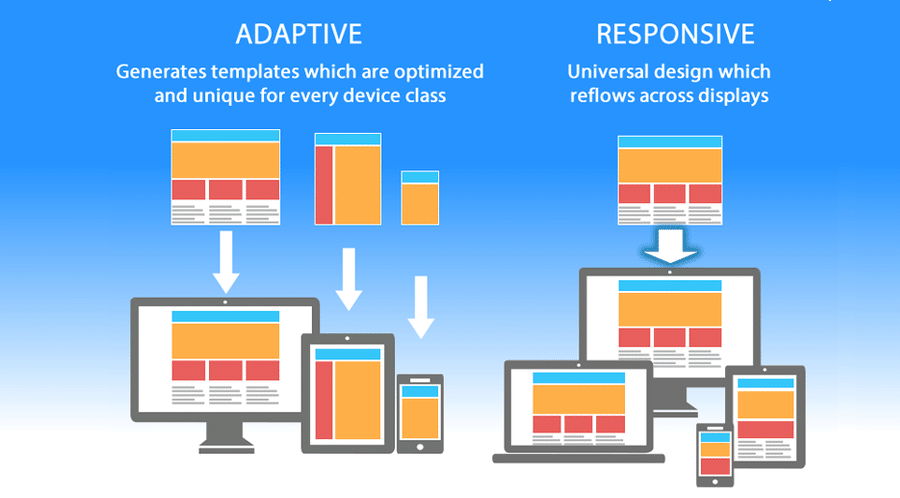Search engine optimization (SEO) is essential for improving your website’s visibility in search engine results. Effective SEO practices can drive more organic traffic to your site and enhance user experience. This article outlines key strategies to optimize your website for search engines and achieve better rankings.

Conduct Keyword Research
Keyword research is the foundation of SEO. Start by identifying relevant keywords that potential visitors are likely to search for. Use tools like Google Keyword Planner, SEMrush, or Ahrefs to find keywords with high search volume and low competition. Additionally, focus on long-tail keywords that are more specific and less competitive. Incorporating these keywords into your content helps search engines understand the topic of your pages.
Optimize On-Page Elements
On-page optimization involves adjusting various elements on your website to improve SEO. Key elements to focus on include:
- Title Tags: Include your primary keywords in the title tag and keep it under 60 characters.
- Meta Descriptions: Write compelling meta descriptions with relevant keywords, keeping it under 160 characters.
- Headings: Use heading tags (H1, H2, H3) to structure your content and include keywords in headings.
- URL Structure: Ensure URLs are clean and include relevant keywords.
Incorporating these elements helps search engines understand and index your content more effectively.
Create High-Quality Content
Content is a crucial factor in SEO. Aim to create high-quality, informative, and engaging content that provides value to your audience. Incorporate relevant keywords naturally within your content, but avoid keyword stuffing. Additionally, use multimedia elements like images, videos, and infographics to enhance your content. Regularly updating your content and adding new posts can also improve your site’s relevance and authority.
Improve Site Speed
Site speed is a critical ranking factor for search engines and impacts user experience. To improve site speed, consider the following:
- Image Optimization: Compress images to reduce file size without compromising quality.
- Enable Caching: Use browser caching to store static resources and speed up load times.
- Minify CSS and JavaScript: Remove unnecessary code to reduce file sizes and improve load times.
- Use a Content Delivery Network (CDN): Distribute content across multiple servers to reduce latency.
Enhancing site speed can lead to better user satisfaction and improved search rankings.
Ensure Mobile-Friendliness
With the growing use of mobile devices, having a mobile-friendly website is essential. Use responsive design to ensure your site adapts to different screen sizes and devices. Test your website’s mobile compatibility using tools like Google’s Mobile-Friendly Test. Additionally, ensure that buttons and links are easy to click on mobile devices, and text is readable without zooming. Mobile-friendliness is crucial for both user experience and search engine rankings.
Build High-Quality Backlinks
Backlinks are links from other websites to yours and are an important ranking factor. Focus on building high-quality backlinks from reputable and relevant sources. Strategies for acquiring backlinks include:
- Guest Blogging: Write guest posts for authoritative sites in your industry.
- Content Promotion: Share your content on social media and industry forums.
- Broken Link Building: Find and replace broken links on other sites with links to your content.
High-quality backlinks signal to search engines that your site is trustworthy and authoritative.
Optimize for Local SEO
For businesses targeting local audiences, local SEO is essential. Start by optimizing your Google My Business profile with accurate information, including your business name, address, phone number, and hours of operation. Encourage customers to leave reviews and respond to them to improve local search visibility. Additionally, use local keywords in your content and ensure your site is listed in local directories.
Implement Schema Markup
Schema markup is a form of structured data that helps search engines understand your content better. By adding schema markup to your website, you can enhance search engine results with rich snippets, such as star ratings, reviews, and product details. Use tools like Google’s Structured Data Markup Helper to implement schema markup on your site.
Monitor and Analyze Performance
Regularly monitor and analyze your website’s SEO performance to identify areas for improvement. Use tools like Google Analytics and Google Search Console to track metrics such as organic traffic, keyword rankings, and click-through rates. Additionally, perform regular SEO audits to check for issues such as broken links, duplicate content, and technical errors. Analyzing performance helps you make data-driven decisions and refine your SEO strategy.
Conclusion
Optimizing your website for search engines involves a combination of strategies and best practices. By conducting keyword research, optimizing on-page elements, creating high-quality content, improving site speed, ensuring mobile-friendliness, building backlinks, optimizing for local SEO, implementing schema markup, and monitoring performance, you can enhance your website’s visibility and achieve better search engine rankings. Consistent SEO efforts lead to increased organic traffic and improved user experience.




